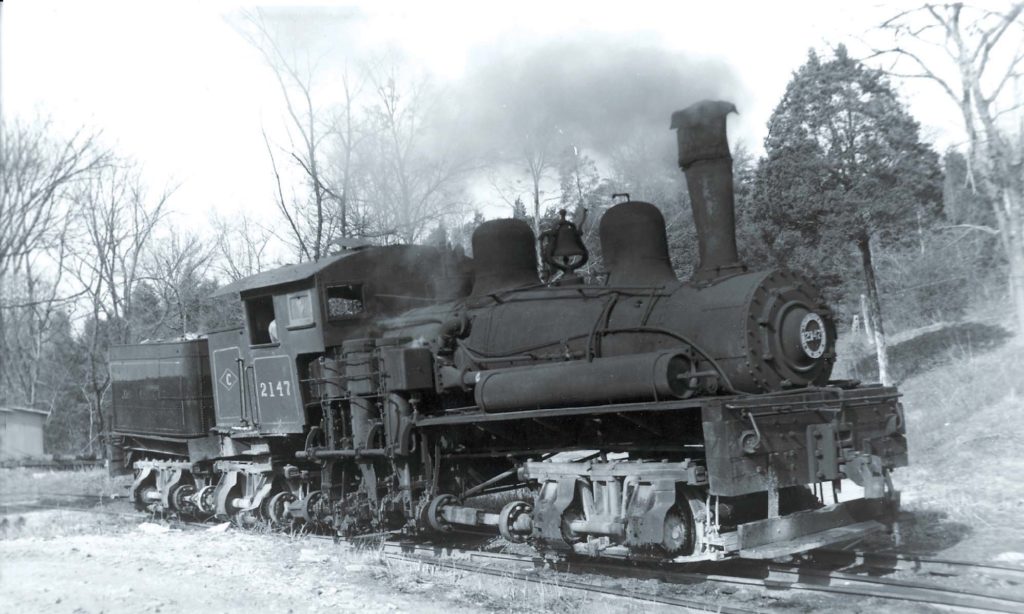
The stack-top addition to John J. Craig Co. Shay No. 2147 may have caused more sparks than it arrested. T. G. King photo, C. K. Marsh Jr. collection Hard by the campus of the 1950’s-era University of Tennessee lay the modest Knoxville terminal of the storied Smoky Mountain Railroad. Several postwar railfan students, including me, […]
Read More…
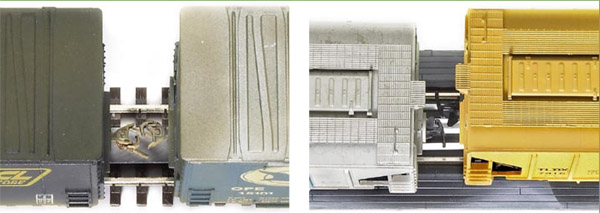
In any hobby, or indeed in any field, there is terminology used as shorthand by those with experience in the hobby or field, to refer to things specific to that hobby. That terminology, though, can be a barrier to entry for the uninitiated. This article is intended to serve as a brief introduction to model […]
Read More…
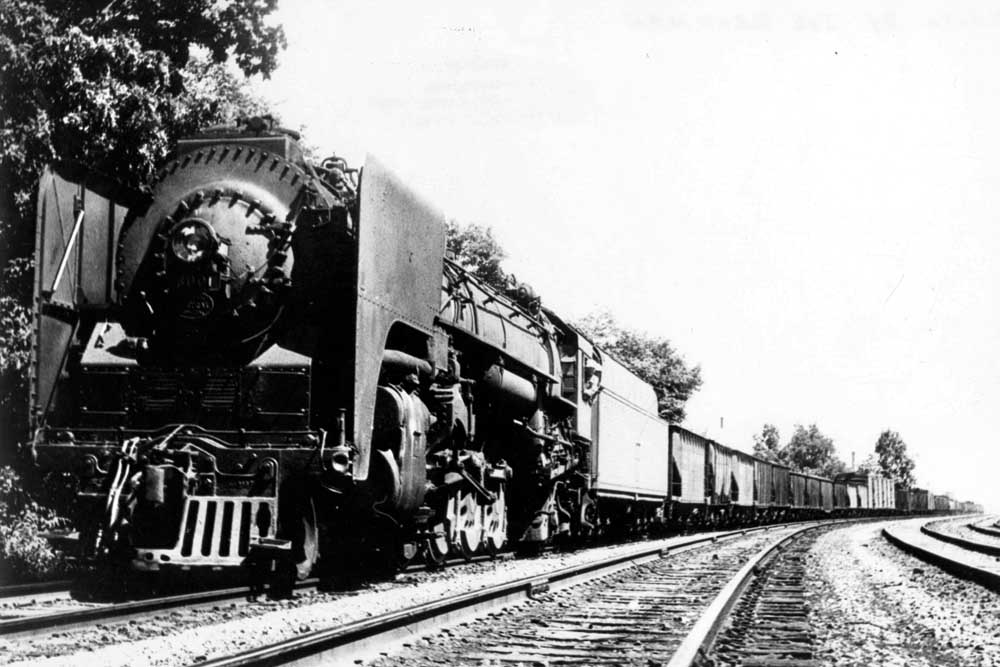
It can be difficult to get started in the hobby of model railroading. The terminology a beginner needs to learn is daunting for some, particularly for those without experience with or knowledge of prototype railroading. This article explains prototypes and modeling terminology for beginner model railroaders, or those looking to brush up on their model […]
Read More…
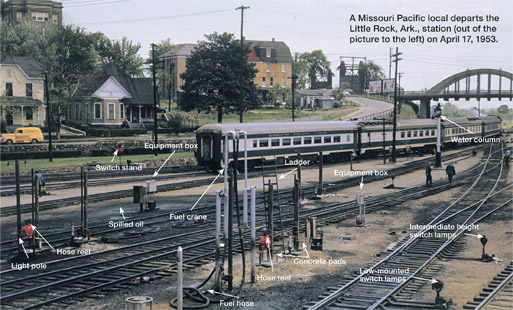
Want to add a basic locomotive servicing area but don’t have room for the turntable, roundhouse, and other shop and warehouse buildings typical of a large facility? As this 1953 photo of a Missouri Pacific RR fueling facility in Little Rock, Ark., shows, a no-frills fueling area can easily be modeled in limited space. At […]
Read More…
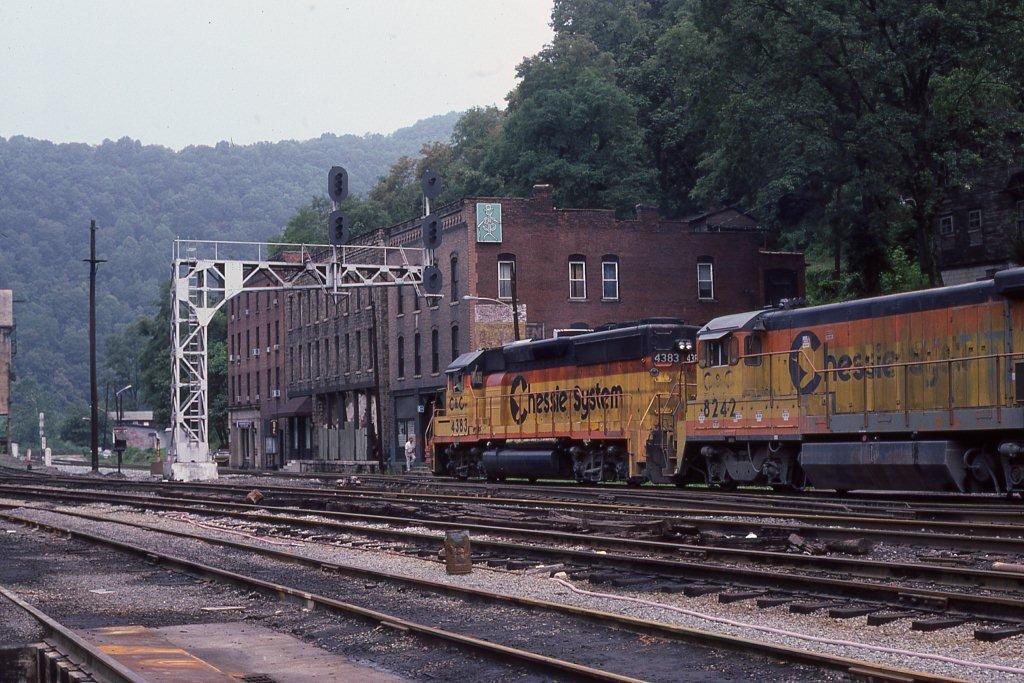
Chesapeake & Ohio B30-7 No. 8242 is sandwiched between SD45s, with 4383 in the lead, as they pass through Thurmond, W.Va., on July 26, 1984. Kermit Geary Jr. photo […]
Read More…
Take a look at our list of roundhouses that still exist in 2010. Are we missing one? If so, click here. […]
Read More…
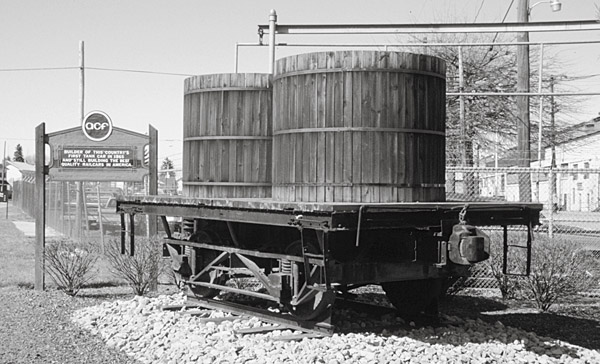
The invention of the tank car coincided with the discovery of oil in northwestern Pennsylvania in the 1860s. Oilmen quickly discovered that hauling oil to market in horse-drawn wagons or floating barrels down local streams wasn’t going to do the job as oil production ramped up. The oil industry needed to find a way to […]
Read More…
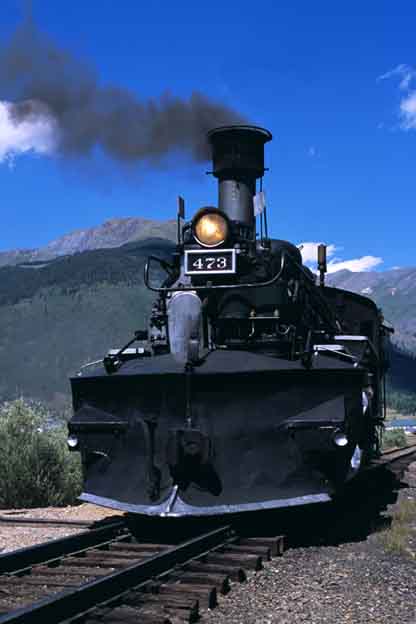
Durango & Silverton crew favorite 473 turns a photographers’ special on the Silverton wye during Railfest in August 2009. Her big plow was useful in fighting snow four months later. Robert S. McGonigal Durango & Silverton Narrow Gauge Railroad engineer Jarrette Ireland assesses the K-28 Mikados:There are many reasons why I personally enjoy the K-28’s, […]
Read More…
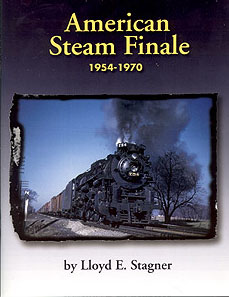
Lloyd Stagner’s book AMERICAN STEAM FINALE, 1954-1970 (South Platte Press, 2001; www.southplattepress.com) is the definitive resource on the end of steam on U.S. Class 1’s and short lines. In “Just Who Was First to Dieselize,” in Diesel Victory (2006), we mentioned 17 U.S. Class 1 railroads that dieselized early. To qualify for the list, the […]
Read More…
The year was 1939, and 29-year-old British stockbroker Nicholas Winton was set to leave for Switzerland on a ski holiday when he answered his phone. It was a friend conducting humanitarian aid in Prague, Czechoslovakia. This friend described the refugee camps in which he worked, and asked Winton to abandon his holiday, come to Prague, […]
Read More…

Wisconsin & Southern freight train passes a tobacco shed near Stoughton, Wisconsin, on Feb. 6, 2008, in the middle of a hard winter season. The mid-morning darkness and blizzard-like conditions give a very impressionistic feel to the photograph. Hank Koshollek Winter photography requires some skill and quite a bit of luck, partly because of the […]
Read More…
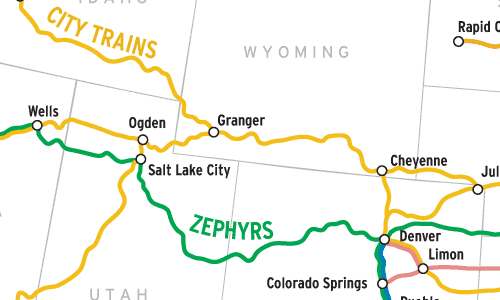
Robert Wegner This Map of the Month appeared in the December 2004 issue of Trains magazine. Although the idea of branding passenger-train fleets did not begin with the streamliner, it flourished in that era. Innovations such as stainless steel found widespread use in an age captivated by design. Suddenly, appearance mattered. Trains with colorful paint […]
Read More…










